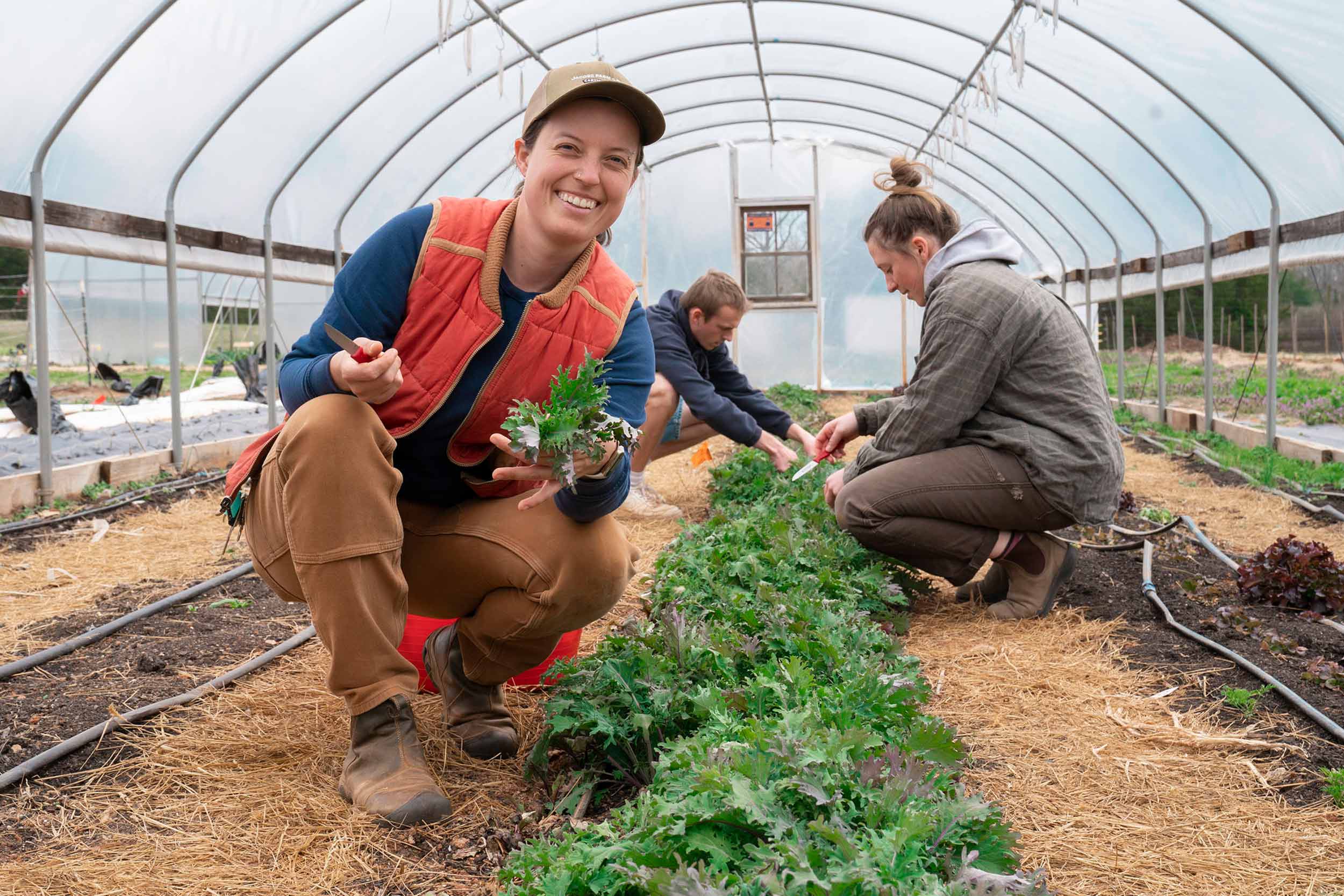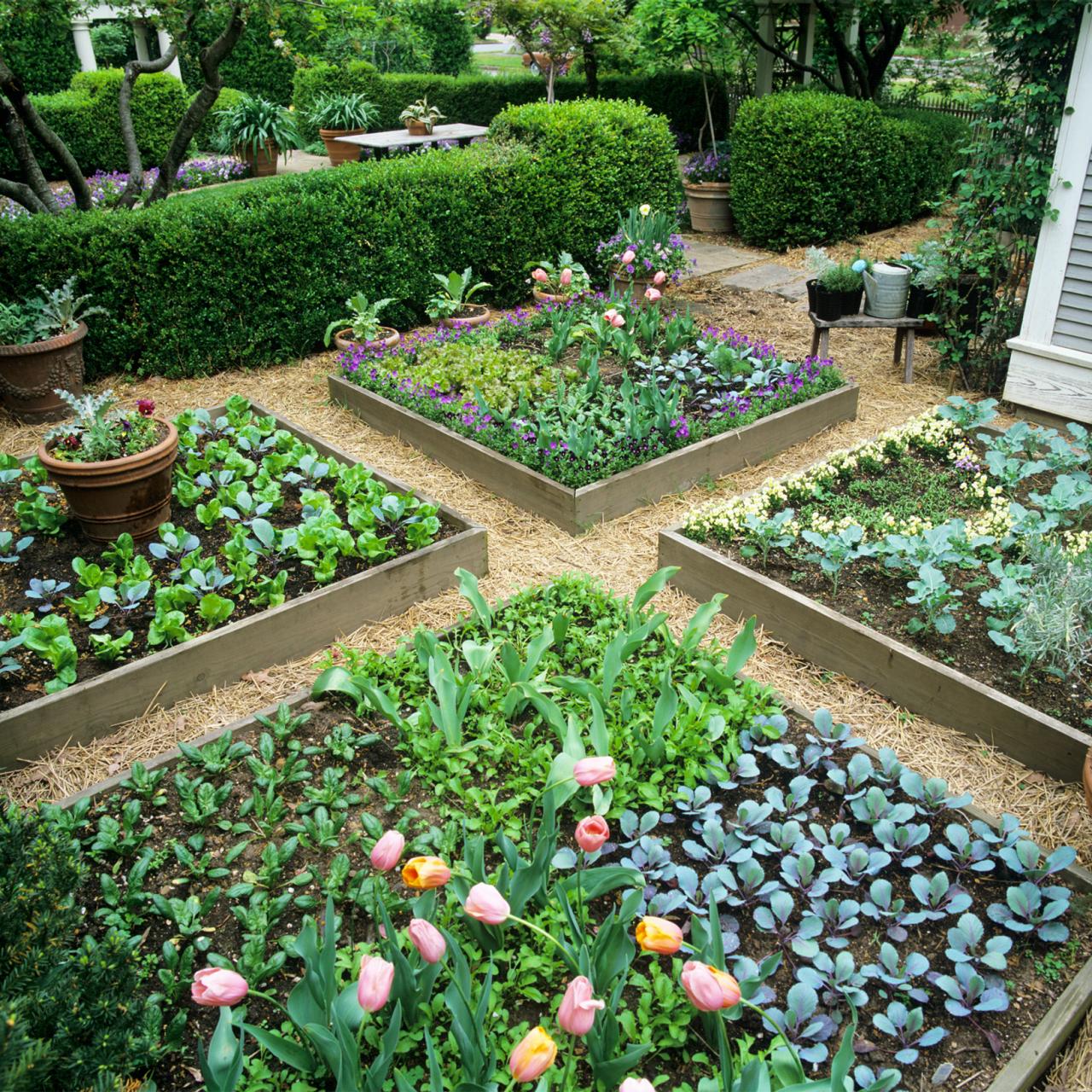Expanding Environment-friendly Thumbs: a Beginner's Trip Into the Globe of Gardening
Are you anxious to obtain your hands unclean and begin expanding your very own yard? Look no more! In this write-up, we'll take you on a novice's trip into the world of gardening. You'll learn more about selecting the right plants, comprehending soil and garden compost, and vital gardening tools. We'll also instruct you watering and fertilizing techniques and how to manage usual yard parasites. Obtain prepared to cultivate your green thumb and view your garden thrive!
Picking the Right Plants
1. First, you require to examine your gardening room and establish the variety of plants that will fit pleasantly. Because congestion can lead to stunted growth and illness, this step is vital. Step the measurements of your yard beds or pots and compute the available area. Think about the mature size of the plants you intend to grow. Some herbs and veggies require even more room than others, so it's crucial to do your research.
As soon as you have a clear idea of your gardening area, it's time to select the ideal plants. Particular plants grow in full sun, while others prefer partial shade. This will help you select plants that are suited to your particular conditions.
It's additionally necessary to consider your degree of horticulture experience. Choose for plants that are simple to grow and require minimal maintenance if you're brand-new to horticulture. Natural herbs like rosemary, basil, and mint are flexible and excellent for novices. Furthermore, think about the length of your expanding season. Select plants that have a shorter maturity duration if you reside in a region with a shorter expanding season.
Comprehending Soil and Garden Compost
Soil is the structure of your garden, providing nutrients, water retention, and support for your plants. It is crucial to have an excellent understanding of your dirt type, whether it is sandy, clayey, or loamy, as this will determine the types of plants that will prosper in your yard. Bear in mind, a healthy and fertile soil is the vital to a successful garden, so take the time to comprehend your dirt and integrate garden compost to ensure your plants flourish.

Necessary Gardening Devices
Now that you recognize the importance of dirt and compost, let's discover the necessary gardening tools you'll require to cultivate your environment-friendly oasis. Among one of the most standard tools you'll need is a yard trowel. This small portable device is ideal for excavating small openings, transplanting plants, and scooping dirt. One more crucial tool is a yard fork. This sturdy tool is utilized for loosening up soil, damaging up clumps, and turning garden compost. A good pair of horticulture handwear covers is a must-have to secure your hands from thorns, irritable plants, and dirt. Seek gloves that are long lasting, breathable, and provide a good hold. A yard hose or watering can is vital for maintaining your plants hydrated. Choose a hose pipe with a spray nozzle that allows you to change the water flow and stress. A sturdy pair of pruning shears or secateurs is crucial for trimming and shaping your plants. Search for shears with a sharp blade and comfortable manages. Last but not least, a garden rake serves for leveling soil, removing debris, and spreading mulch. With these crucial devices in your horticulture collection, you'll be well-equipped to create and maintain your green oasis.
Watering and Fertilizing Strategies

Dealing With Common Garden Vermin
As a novice gardener, you might come across common yard bugs that can damage your plants. These parasites can range from pests like aphids, beetles, and caterpillars, to little animals like squirrels and bunnies. It is imp source necessary to be able to identify and deal with these pests properly in order to safeguard your plants and make certain a successful yard.
One of the initial steps in taking care of yard insects is to routinely examine your plants for any kind of signs of problem. Look for chewed fallen leaves, holes in the vegetation, or the visibility of small bugs. If you spot any type of parasites, it is necessary to take activity right away to stop them from spreading and triggering more damage.
There are a number of techniques you can utilize to manage yard bugs. In addition, there are organic insect control sprays available that can assist prevent and remove usual yard parasites.
Bear in mind, avoidance is key when it concerns taking care of yard insects. Keeping her comment is here your garden clean and free of debris can help in reducing the chance of a problem. Frequently eliminating weeds and dead plants can likewise help eliminate hiding places for pests.
:max_bytes(150000):strip_icc()/102683249_preview-2000-be230cf7d0f7407587bf77003132f539.jpg)
Final Thought
Congratulations on completing your beginner's trip into the globe of horticulture! By picking the right plants, understanding dirt and garden compost, utilizing essential gardening devices, and mastering watering and feeding strategies, you have established on your own up for success. Don't fail to remember to remain alert in managing common garden parasites to ensure your plants flourish. With your newly found expertise and green thumbs, your garden will certainly flourish and bring you limitless pleasure and charm (gardening tips for beginners). Satisfied gardening!
Soil is the foundation of your yard, giving nutrients, water retention, and support for your plants. It is crucial to have a great understanding of your dirt type, whether it is sandy, clayey, or loamy, as this will figure out the types of plants that will certainly prosper in your yard. Keep in mind, a healthy and productive soil is the key to a successful yard, so take the time to recognize your dirt and include garden compost to guarantee your plants prosper.
As a novice gardener, you may encounter common yard parasites that can unleash chaos on your plants. It's crucial to be able to determine and deal with these bugs properly in order to shield your plants and make sure a successful garden.